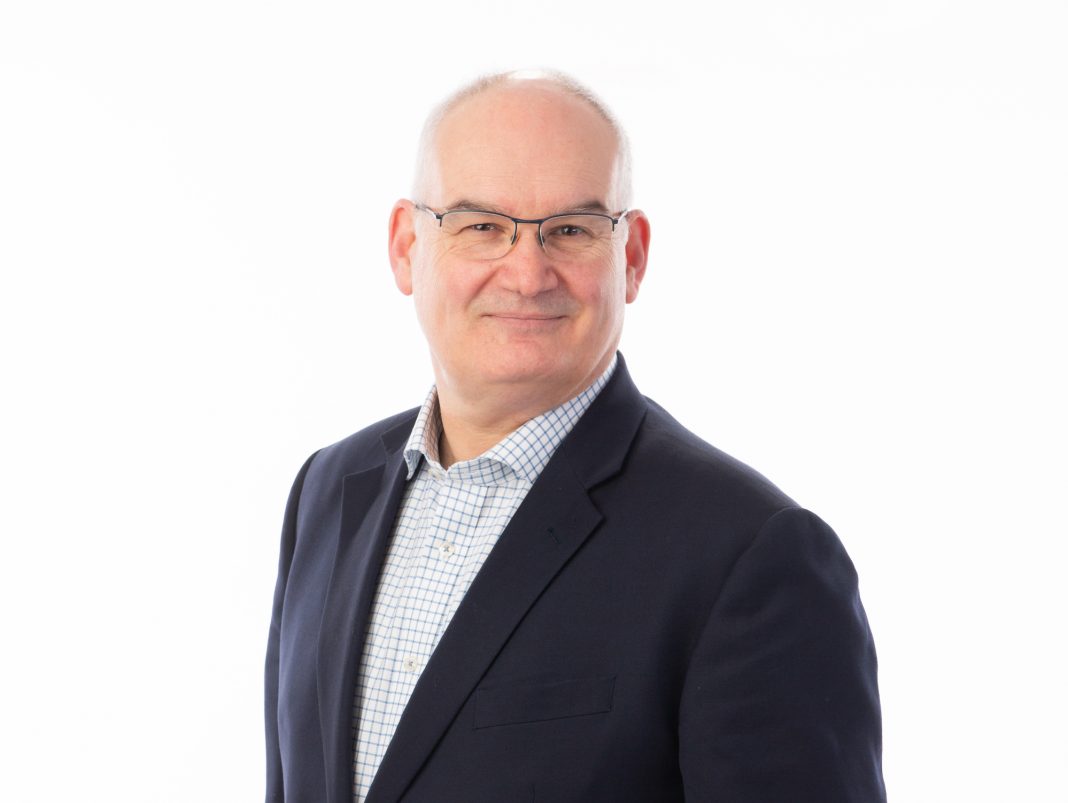A start-up that aims to win the race to develop the world’s first ‘memory safe’ computer chip has raised £2.5m in a funding round led by Mercia Ventures.
The investment was from NPIF II – Mercia Equity Finance, which is managed by Mercia as part of the Northern Powerhouse Investment Fund II (NPIF II), and also angel investors from the UK and Silicon Valley.
SCI Semiconductor, which brings together leading industry figures, has already signed up a number of key customers including Google Research. The funding will enable it to build a team of engineers in Sheffield and bring its product to market.
SCI aims to resolve the problem of ‘memory safety’ which is the key factor in around 70% of cyber attacks. Traditional programming languages – on which Microsoft’s Windows and many industrial operating systems are based – allow memory to be freely accessed, which provides flexibility for software developers but also creates vulnerabilities.
Coding errors or flaws can be exploited by hackers or bring down the entire system – as in the 2024 CrowdStrike event when a faulty software update affected companies worldwide.
Current attempts to achieve memory safety, such as transitioning to more modern languages or introducing stricter development methods, are often too costly or impractical. SCI’s chip will enforce security by dividing memory into compartments and tightly controlling how it is accessed.
The product, which would be used in conjunction with open source software and development tools, would reduce cybersecurity costs and remove the need for constant patching.
SCI Semiconductor was founded in 2022 by Haydn Povey and Krishna Anne. Haydn has over 30 years’ experience in the semiconductor industry, including 10 years at ARM, and is the founder of Secure Thingz which was sold to IAR Systems Group for £30m in 2018.
Krishna, who is based in Palo Alto, has held senior roles in tech companies including Secure Thingz, and is the founder of DataTrails. They have been joined by Dr David Jackson and Prof John Goodacre from the University of Manchester, and Dr David Chisnall from the University of Cambridge who are renowned as leaders in chip technology.
The company, which has secured over £1m in government grants to help develop the technology, currently has a team of over 20. It now plans to set up a base in Sheffield and recruit a further 20 engineers.
Haydn Povey, CEO, said: “Cybersecurity is second only to global conflict in terms of factors affecting the economy. Memory safe chips have been shown to prevent 70% of all attacks and would enable organisations to continue using existing software with complete peace of mind.
“Developing a new generation of chips here in the UK will also help to ensure supply chain security and restore the country’s position as a leader in semiconductor technology.”
Will Schaffer, investment director at Mercia Ventures, added: “Memory safety has been a problem for years but until now has been a secondary priority. However with the world becoming more dangerous, government and industry have woken up to the dangers.
“Despite collaboration between the big tech companies, no one has yet managed to build a silicon chip that addresses the issue. The funding will help SCI to win the race for memory safety and deliver next generation security.”



